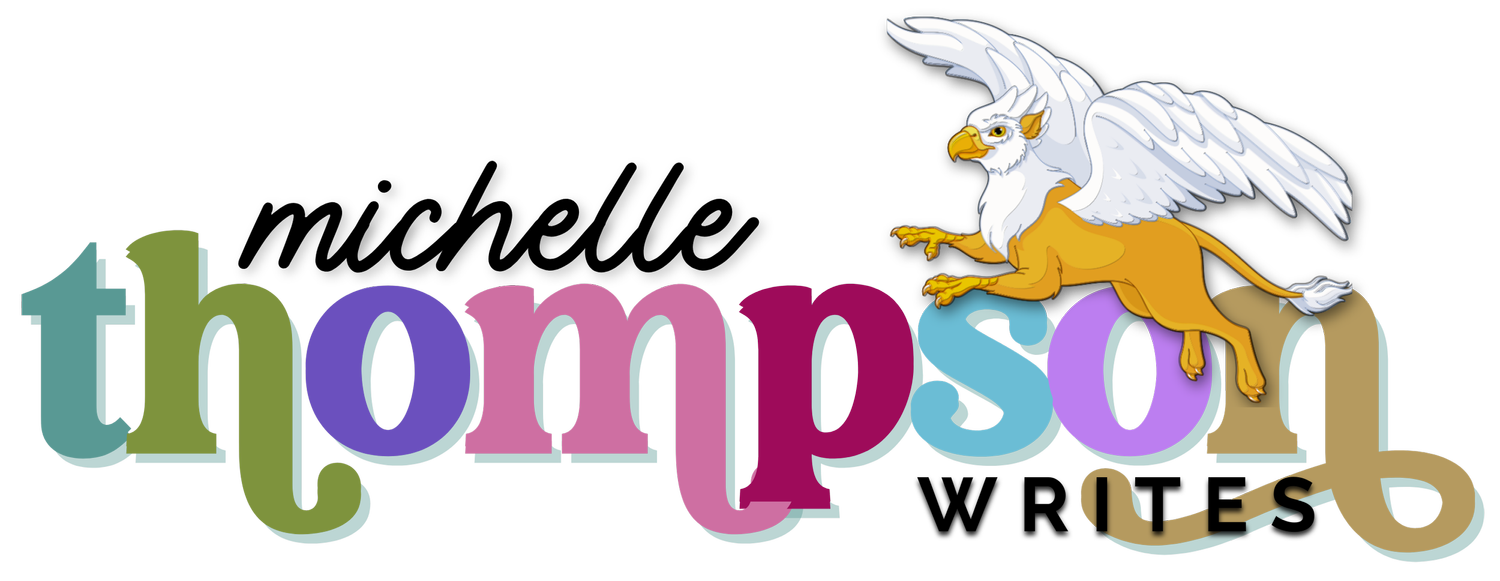Short Stories & Flash Fiction Formula
After joining some writing groups this year I was faced with a new writing challenge. I had to move from longform novel writing to extremely shortform stories to share ingroup. Here are some formula or templates for short fiction.
In January this year I joined up to a local U3A chapter. For those who don’t know, U3A stands for University of the Third Age, and is a worldwide organisation that provides learning, creative, and leisure opportunities for people usually over 50. Unexpectantly I was accepted into not one but two writing groups, my first in real life. Thus begun my mammoth effort to move from longform fiction into “short stories”, the form both groups require for sharing.
Why the airquotes on short story?
With both groups running only for a couple of hours, the works we write must be kept very short in order for everyone to share. Both groups coincidentally are organised identically - they run fortnightly, we are sent out a random prompt by the facilitator to write to, and must write a “short story” of only 600 words.
There’s those air quotes again.
Short stories are (debatably) from 1500-7500 words of length. Not 600. Six hundred words comes in even under some definitions of what flash fiction should be.
I began wisely by taking on some of the success I found in other participants - most enjoyment was found in stories which ended with a twist (although I pretty much guessed most of the twists before they happened). I explored this new format for myself sometimes successfully, sometimes to resounding silence (which is when I came to the understanding that I was the only writer doing genre fiction, but that’s another tale).
Later I moved onto my now current writing project of a cosy fantasy novel, and through the prompts wrote and found my main characters and some events within that story, but…
I think of them as excerpts or snippets, and rewrite them later on. It’s an odd way to go about writing a full novel in 600 word bits, for sure. Add to that the randomness of the prompts for each session - I’ve dealt with everything from storms, shells, castles, ropes, messages in a bottle to doorknockers, telephone boxes and this week coming - dogs. Add to that the wordcount issue means you can’t really explore multiple characters. But somehow the challenge is making me feel passionate about the project.
This coming fortnight one of my U3A writing groups has a prompt to write a short story to a formula. It’s taken me days (weeks) of reworking and reworking my snippets to try to meet the formula which is more relative to longer short stories than the 600 words given to me. But today I am also sharing a flash fiction story template which is more like what most writers in both groups are writing and sharing.
Inevitably some of the stories written for these writing groups don’t fit well into my work in progress. Provided they fit the storyworld and characters, I will eventually offer them as a bonus or freebie.
-
This template is credited to Leih Mikulic and is the formula one of my writing groups is to use for their next story. With five sections, that makes it 120 words each.
For more, view here
Or do a search on ‘ABDCE Spells Short Story Success’ and you’ll find many others discussing the template.Briefly - here’s the template (in my own words) -
ACTION - the hook, conflict or inciting incident
BACKGROUND - make us care about the characters
DEVELOPMENT - more rolling conflicts
CLIMAX - the big action which reveals the true nature of the characters
ENDING - wrap up, leave the reader with a thought
My opinion - for a very short story, jumping in at the action feels good, but equal time for each section is perhaps overkill - the ending can be only one sentence, and the background could be made smaller allowing for more action and development.
-
The following template is by Martyn Winters.
The template formulates 500 words but does not necessarily contain all the main elements you might expect of a story.Introduction of only 2 characters and the setting (100 words)
Exposition - expand on the characters and situation they are in (150 words)
Climax - narrative twist and plot outcome (200 words)
Conclusion - no need to resolve, just give the reader something to think about (50 words).
My Opinion - this is pretty close to what I’ve been writing to my writing group prompts. With another 100 words to play with, those generally go into parts 2 & 3, normally by dialogue and action.
-
There aren’t a great lot of formula for short fiction. But some of these are useful even for opening up you mind to what is possible.
Lester Dent’s Pulp FormulaLester Dent’s Formula was on trend some years ago. Dent is best known for his Doc Savage novel series, and his 'Master Fiction Plot' formula – which is particularly useful for writing well-paced short stories of around 6000 words.
Discover this formula detailed at First Draft
Use a parred down or portion of a full Story Structure
Novelists and other longform writers are likely aware of many universal story structures, formula, plotbeats or whatever else you call them. There is a good argument that many of these can be parred down for a short story.
An example - using the Hero’s Journey,a short story may just include the opening portions of Act 1 ie. a challenge, a rejection of the challenge, and then an acceptance of the challenge.
Or start at the typical movement from Act 2 to 3 in a longform ie. the dark night of the soul and the leap of faith
Geoffrey A. Landis essential core-
Landis had a simple description of the essential core of a short story. A story needs to:
Require the character to make a choice,
show that choice by actions, and
those actions must have consequences.

